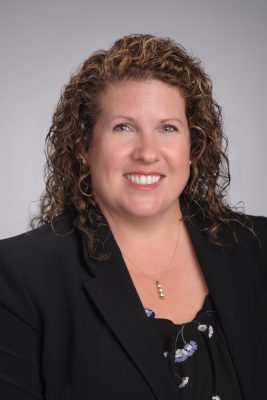Karalunas Appointed Cobb-Jones Clinical Psychology Endowed Professor
Behzad Mortazavi, dean of the College of Arts and Sciences (A&S), recently named Sarah L. Karalunas as the Cobb-Jones Clinical Psychology Endowed Professor. She will also serve as chair of the Department of Psychology. Karalunas is a nationally recognized clinical…


